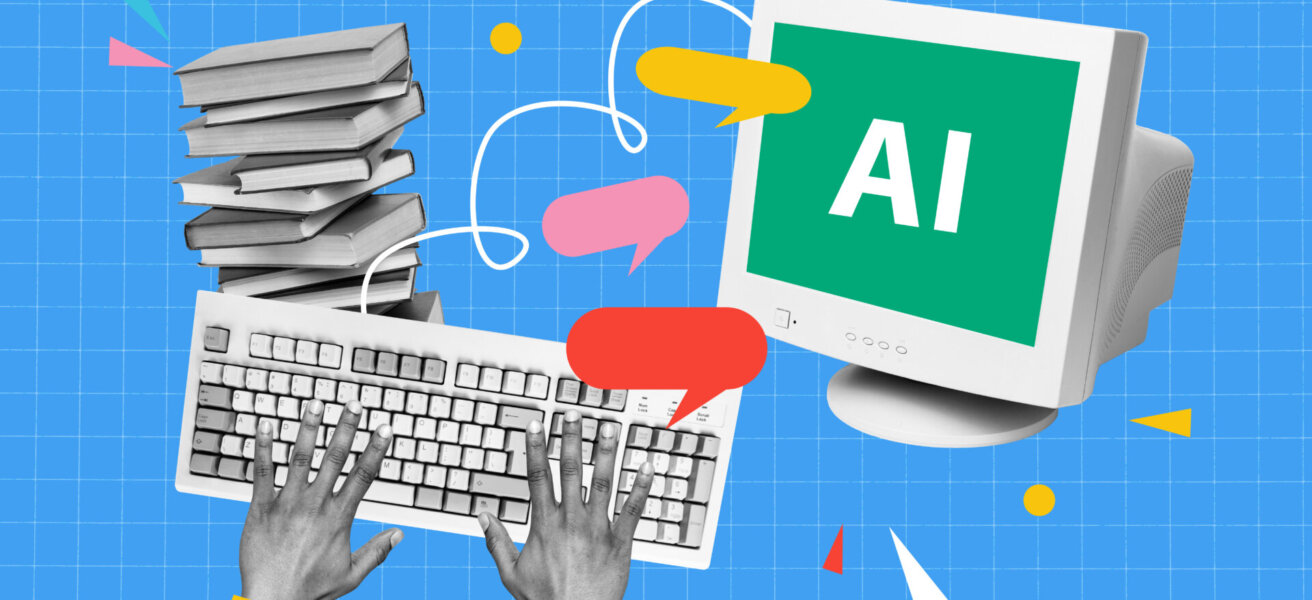Our comprehensive guide covered many ways AI can enhance education, but today, I want to dive deeper into two areas that are incredibly close to my heart and central to our mission: executive functions and self-awareness (metacognition). These are often the hidden keys to unlocking a student’s true potential, and AI is proving to be an invaluable partner in strengthening them.
What Are Executive Function Skills, and Why Do They Matter?
Executive functions (EFs) are essentially our brain’s “control center.” Think of them as the conductor of an orchestra, making sure every instrument plays its part in harmony. They include skills the mental habits behind:
- Planning and prioritizing
- Staying organized
- Managing time and emotions
- Starting (and finishing) tasks
These skills don’t usually get taught in school, but they shape everything from grades to self-esteem. Consequently, weaknesses in these critical areas can manifest as significant academic and personal challenges. I’ve seen it countless times: a brilliant student grappling with pervasive anxiety, chronic stress, debilitating procrastination, or a persistent sense of falling behind—even when they’re highly motivated.
At Untapped Learning, our core belief is that these executive function deficits are frequently the root cause of many student’s struggles, rather than a lack of effort or inherent intelligence. We believe that when we address these root causes, everything changes.
Can AI Strengthen These Skills?

Yes—but not on its own. AI is most effective when used with intention. Think of it as a coach, not a crutch.
Here’s how AI helps students practice and strengthen EF skills:
Beating Procrastination
AI breaks down big assignments into smaller steps, estimates time accurately, and removes the “where do I start?” barrier.
Staying Organized
Custom GPTs and smart assistants can build schedules from syllabi, prioritize daily tasks, and track what’s due when.
Managing Time
AI-powered planners suggest study blocks, automate recurring tasks, and remind students of what’s coming up—reducing stress and last-minute scrambles.
Reducing Overwhelm
For students with ADHD or executive dysfunction, AI simplifies decision-making and conserves mental energy for the work that matters.
How Does AI Improve Self-Awareness?
Metacognition, often defined as “thinking about how you think,” stands as a cornerstone of effective learning. This involves recognizing when you truly comprehend a concept versus when your understanding is superficial. It’s about identifying which learning approaches genuinely work for your individual style, and then dynamically adapting your strategies based on observed results.
Artificial Intelligence can significantly enhance this metacognitive process by systematically prompting self-reflection and detailed analysis of your learning strategies. By prompting reflection on these elements, AI helps students identify and replicate optimal learning conditions tailored to their unique cognitive profiles. This personalized feedback is instrumental in developing deeper self-awareness and establishing effective learning routines. It’s like having a mirror for your mind, helping you see your learning process clearly.
When you’re working with AI, consider asking yourself (or encouraging your students to ask):
- Am I just using AI for answers—or am I actually learning?
- Could I explain what I did to a teacher or boss?
- What helped me succeed on this task? What would I do differently?
These questions transform the abstract concept of “thinking about how you think” into tangible, actionable steps. By engaging with these prompts, students can gain a clearer understanding of their own cognitive processes and optimize their learning strategies, leading to more efficient and effective study habits.
Can AI Help Build Independence?

Absolutely. The more students understand their own habits, the more independent they become.
AI doesn’t just hand over solutions, it helps students:
- Recognize when they’re stuck
- Seek support earlier (from AI or a mentor)
- Build the confidence to advocate for themselves
For example, students can:
- Use AI to draft professional emails to professors
- Practice difficult conversations in low-pressure ways
- Get feedback on tone, clarity, and confidence before hitting send
These are real-world skills they’ll use for life.
What’s the End Goal?
It’s not just about academic performance. It’s about building what we call a future-ready mindset:
- Resilience under pressure
- Smart self-management
- Clear communication
- Confidence in how you learn
And yes, AI can help develop those too—when used the right way.
Unlock Your Potential with Untapped Learning!
Want to Learn More?
Our online course, Learning with AI, shows students and families how to use AI responsibly and effectively to:
- Strengthen executive function
- Improve self-awareness and study habits
- Personalize their learning
- Feel more confident and in control
It’s not about doing more work. It’s about doing smarter work—and building skills that last.





